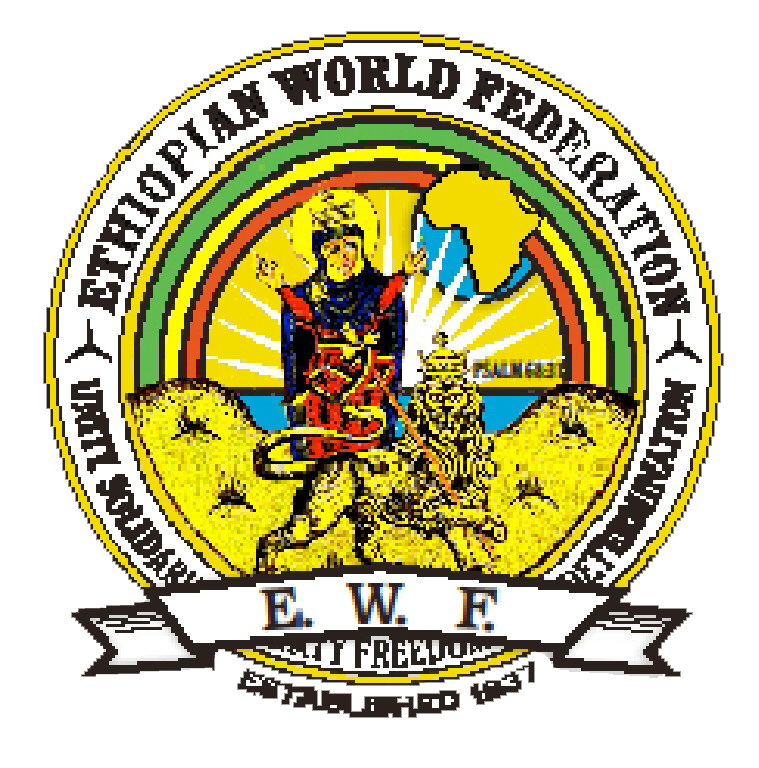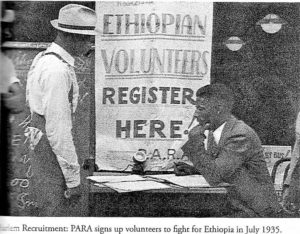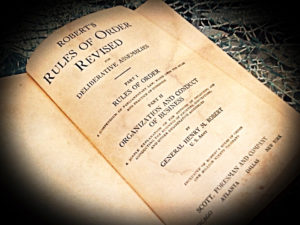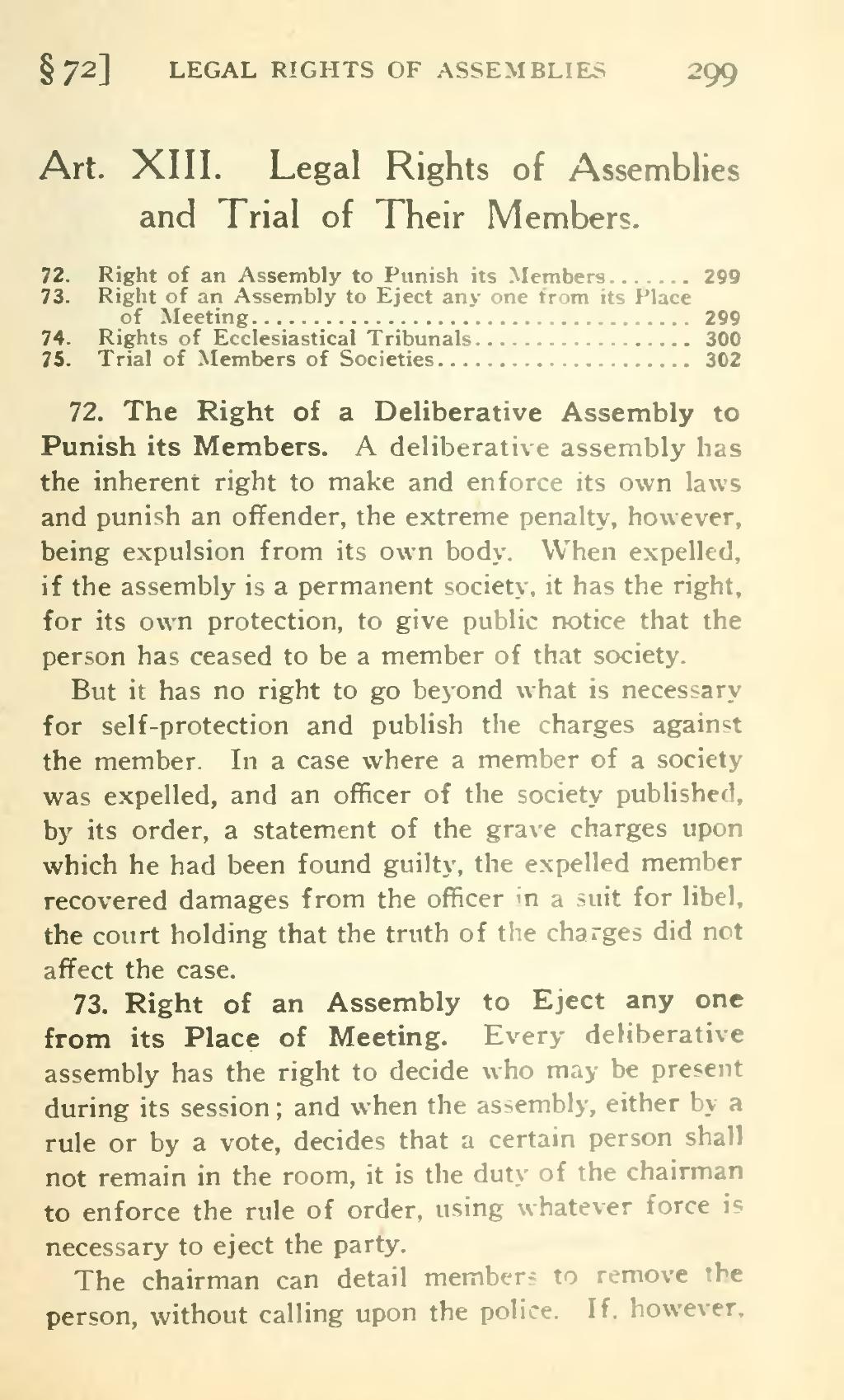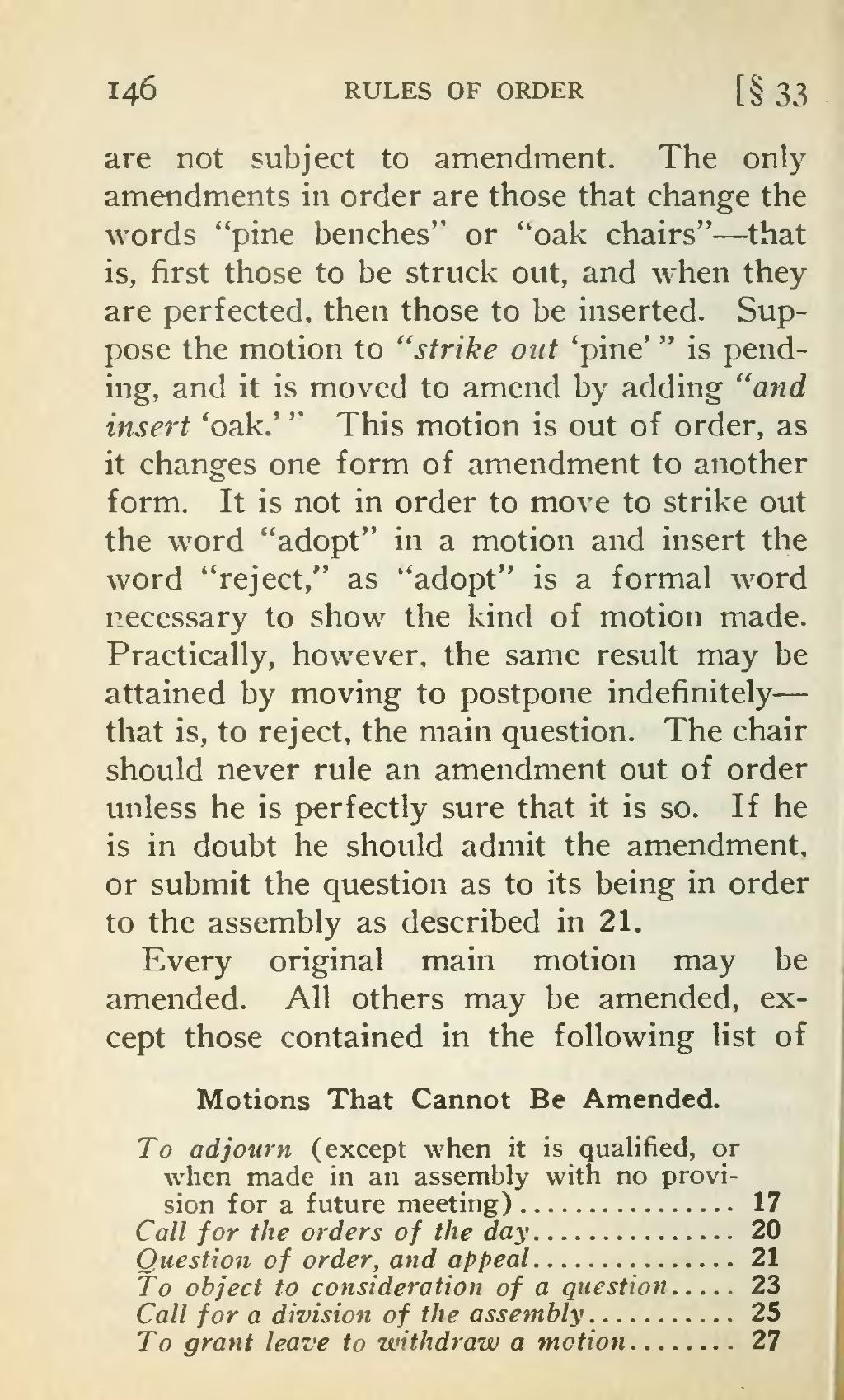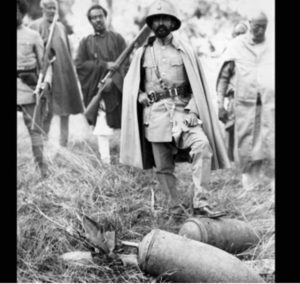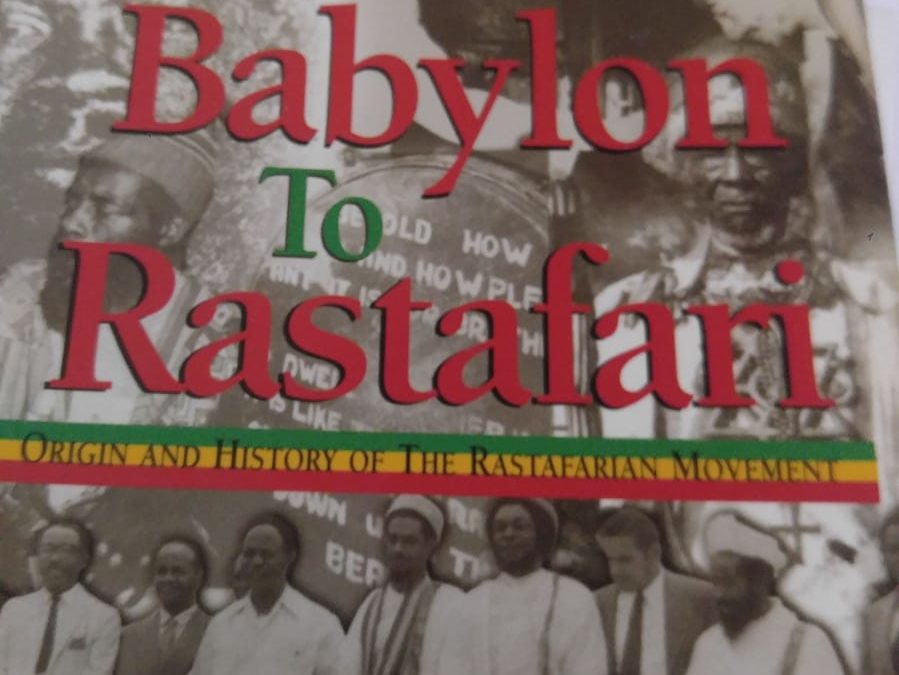
Jul 14, 2020 | News & Blog
From Babylon to Rastafari: Origin and History of the Rastafarian Movement
By Douglas R.A. Mack
A splendid piece of work written on a remarkable, dynamic and indigenous movement by one of its ardent followers. In this book, Mack unfolds the one true binding tenet of the Rastafari concept.

Jul 14, 2020 | News & Blog
A Historic Organization
By William R. Scott
Although it is not generally known, a considerable amount of the public interest, sympathy, and condemnation generated throughout the world by Italy’s blatant act of aggression against Ethiopia in October 1935 emanated from black communities in the United States. As the distinguished black historian, John Hope Franklin, has indicated, ” When Italy invaded Ethiopia, they (Afro-Americans) protested with all the means at their command. Almost overnight even the most provincial among the American Negroes became international- minded. Ethiopia was (regarded as) a Negro nation, and its destruction would symbolize the final victory of the white man over the Negro. “While widespread, Afro-American interest in the Italo-Ethiopian War was concentrated n Harlem, New York, longtime intellectual and cultural centre of Black America. It was mainly there that Afro-Americans, sometimes in conjunction with liberal and radical whites, organized dozens of groups designed to raise both moral and material assistance for the Haile Selassie government in the United States. Motivated largely by their racial identification with the Ethiopians and the long-standing symbolic importance of that country in the black American community, these pro-Ethiopian societies had succeeded by the winter of 1935 in mobilizing significant levels of moral, if not monetary, support for the Ethiopian cause.
The sad truth of the matter was that while there were substantial numbers of sympathetic Afro-Americans quite willing to contribute financially to the Ethiopian war effort, there were exceedingly few at the time who possessed the means to do so. The Great Depression of the 1930’s made it inordinately difficult, indeed impossible in perhaps most instances for an aroused but impoverished Afro-American people to assist materially the beleaguered Ethiopians. Nevertheless, there is evidence that, despite the increased economic constraints imposed upon them by heightened poverty, many Afro- Americans, enraged by Italy’s assault on the world’s last remaining bastion of black power, managed some- how to make small contributions to organisations purporting to be raising funds for the Ethiopian cause.
Admittedly, such donations were usually minute sums, but they should not be scoffed at or summarily dismissed as being of no significance. Taken as a whole, these amounts may well have attained an impressive total, which certainly would have been of some, if not decisive, benefit to the Ethiopians. Unfortunately, prior to 1937, when the newly created Ethiopian World Federation assumed official control of all fund-raising activities in the United States, only a limited percentage of even these modest contributions seems to have reached its proper destination.
From the very outbreak of hostilities, black embezzlers and racketeers sought to take advantage of Afro- American sympathy for the Ethiopian people. These criminals gave the public impression that they were collecting funds for Ethiopia’s defense, but in reality, of course, they were lining their own pockets. In addition, some responsible organisations and individuals may have engaged in faulty business practices or even have mis- managed funds.
To remedy this situation and more effectively coordinate the efforts of the myriad pro-Ethiopian or- generations in New York, a number of public-spirited black citizens in Harlem formed the Menelik Club some time during 1936. This very small but active group desired to integrate all of the existing Ethiopian aid societies into one organisation officially recognised by the Ethiopian authorities. To the surprise of many sceptics, the efforts of the club actually culminated in the sending of a black American delegation to England in the summer of 1936 to confer directly with the exiled Haile Selassie about financial matters.
The mission consisted of three prominent Harlem figures, all leaders of the black organisation known as the United Aid for Ethiopia: Reverend William Lloyd Imes, pastor of the prestigious St. James Presbyterian, Philip M. Savory, chairman of the Victory Insurance Company and co-owner of the New York Amsterdam News, and Mr. Cyril M. Philp, secretary of the United Aid. In August 1936, the trio sailed without fanfare for England.
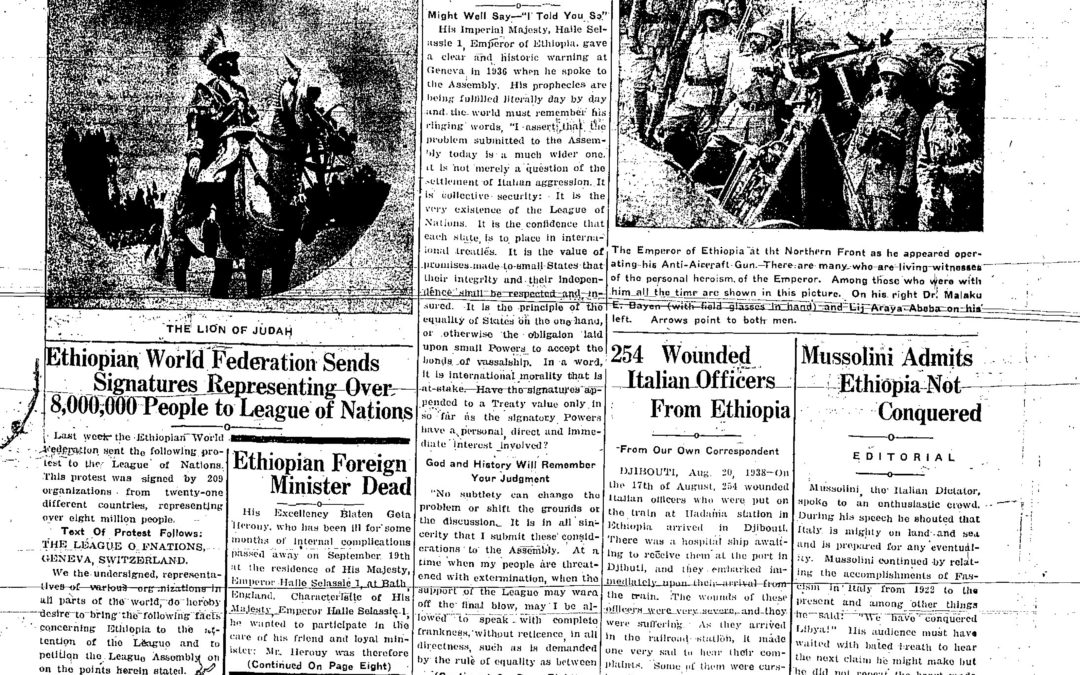
Jul 14, 2020 | News & Blog
From The Voice of Ethiopia
May 20th, 1939 By Warren Harrigan
The Spirit of the Federation
If men cannot retain and promote peace and good will in their own families how can they hope to fight successfully against an outside adversary? He who would regain the rights taken away from him by an enemy must first see to it that his own house is set in order that a deep spirit of peace and good will reigns in his own boundaries. If he secures this then he can hope to struggle successfully against the common adversary, for then his forces will be united. The principle will reign in his own home.
“If in the act of making sacrifice ye find that ye have fought against the brother, leave there the gift at the altar. First be reconciled to thy brother then come and offer thy gift.”
Spirit of Federation
The Ethiopian World Federation, Incorporated sets as one of its objectives “the promotion of love and good will among Ethiopians at home and abroad.” The Federation is bound and determined to promote and insist on the growth of this spirit of love among its members and among all Black peoples.
The possession of this spirit is fundamental. It is an absolutely necessary antecedent to the realization of other objectives, including a place in the Sun for the Sons of Ham. Let the Black World set up a Kingdom of love and not one of force. Let a spirit of equality and fraternity reign. Let us remember that we seek condition in which all Black men can live comfortably. Let us denounce that peculiar state of living in which a minority of the people possesses all the wealth and the great majority starve. Let us remember that all Black men are brothers and cease fighting with each other.
It is written “he who would be chief amongst you let him be your servant.” Let us avoid conceit and so maintain the spirit of the Federation- Internal peace, goodwill, love humility, for we have much work to do.
Aims and objects
To promote love and good-will among Ethiopians at home and abroad and thereby to maintain the integrity and sovereignty of Ethiopia, to disseminate the ancient Ethiopian culture among its members, to correct abuses, relieve oppression and carve for ourselves and our posterity, a destiny comparable with our idea of perfect manhood and God’s purpose in creating us; that we may not only save ourselves from annihilation, but carve for ourselves a place in the Sun: in this endeavor, we determine to seek peace and pursue it, for it is the will of God for man.

Jan 29, 2017 | News & Blog, Uncategorized
‘Voice of Ethiopia’ to simultaneously denounce Jim Crow in America, and the fascist invasion in Ethiopia. The ‘Voice of Ethiopia’, was to become known as the official media organ of the Ethiopian World Federation Incorporated. It was pro African newspaper that urged the millions of sons and daughters of Ethiopia scattered throughout the world, to join hands with Ethiopia to save the country from the wolves of Europe. Its first anniversary was marked by a special cable via Western Union from Emperor Haile Selassie, who at that time resided in exile at Fairfield House in Bath.
The cable read ” It is with great pleasure that i have just noted that the ‘Voice of Ethiopia’ has just completed its first year of struggle for the cause of Ethiopia and i send my congratulations. I sincerely hope that it will continue to receive the support of all who love justice”. Emperor Haile Selassie.
An extract from the ‘Voice of Ethiopia’, describes the first birthday celebration. Read on…..]]>
simultaneously denounce Jim Crow in America, and the fascist invasion in Ethiopia. The ‘Voice of Ethiopia’, was to become known as the official media organ of the Ethiopian World Federation Incorporated. It was pro African newspaper that urged the millions of sons and daughters of Ethiopia scattered throughout the world, to join hands with Ethiopia to save the country from the wolves of Europe. Its first anniversary was marked by a special cable via Western Union from Emperor Haile Selassie, who at that time resided in exile at Fairfield House in Bath.
The cable read ” It is with great pleasure that i have just noted that the ‘Voice of Ethiopia’ has just completed its first year of struggle for the cause of Ethiopia and i send my congratulations. I sincerely hope that it will continue to receive the support of all who love justice”. Emperor Haile Selassie.
An extract from the ‘Voice of Ethiopia’, describes the first birthday celebration. Read on…..]]>

